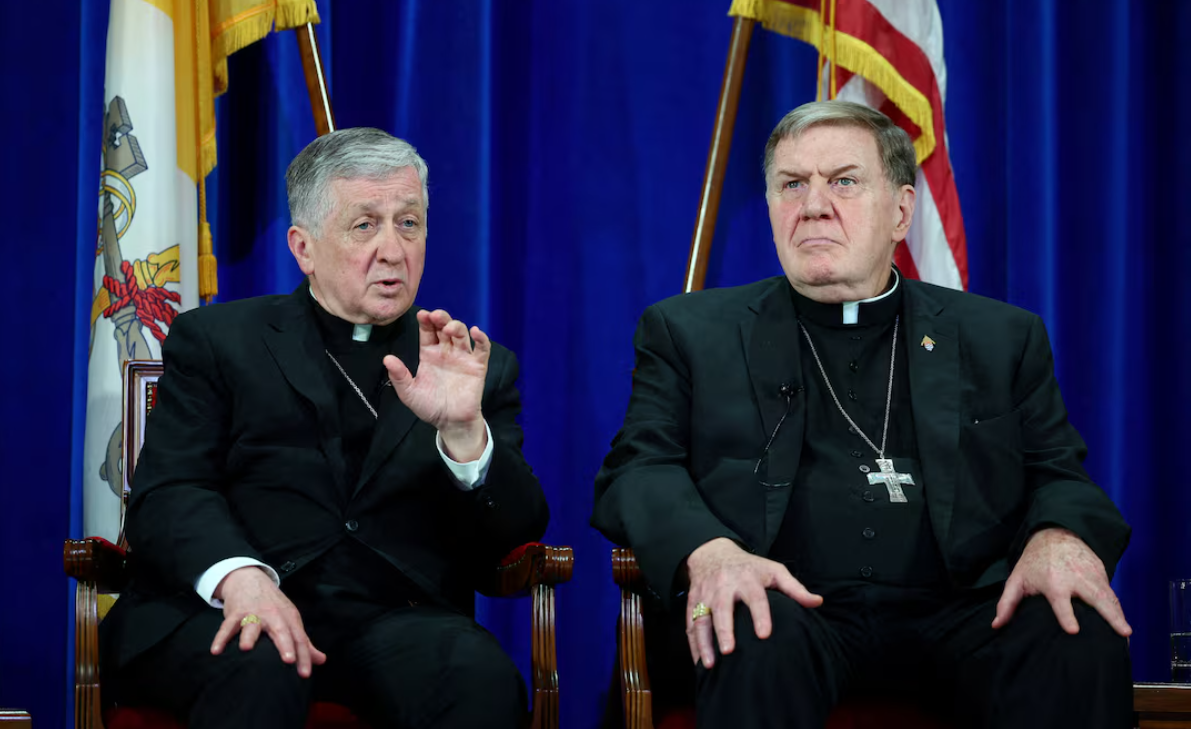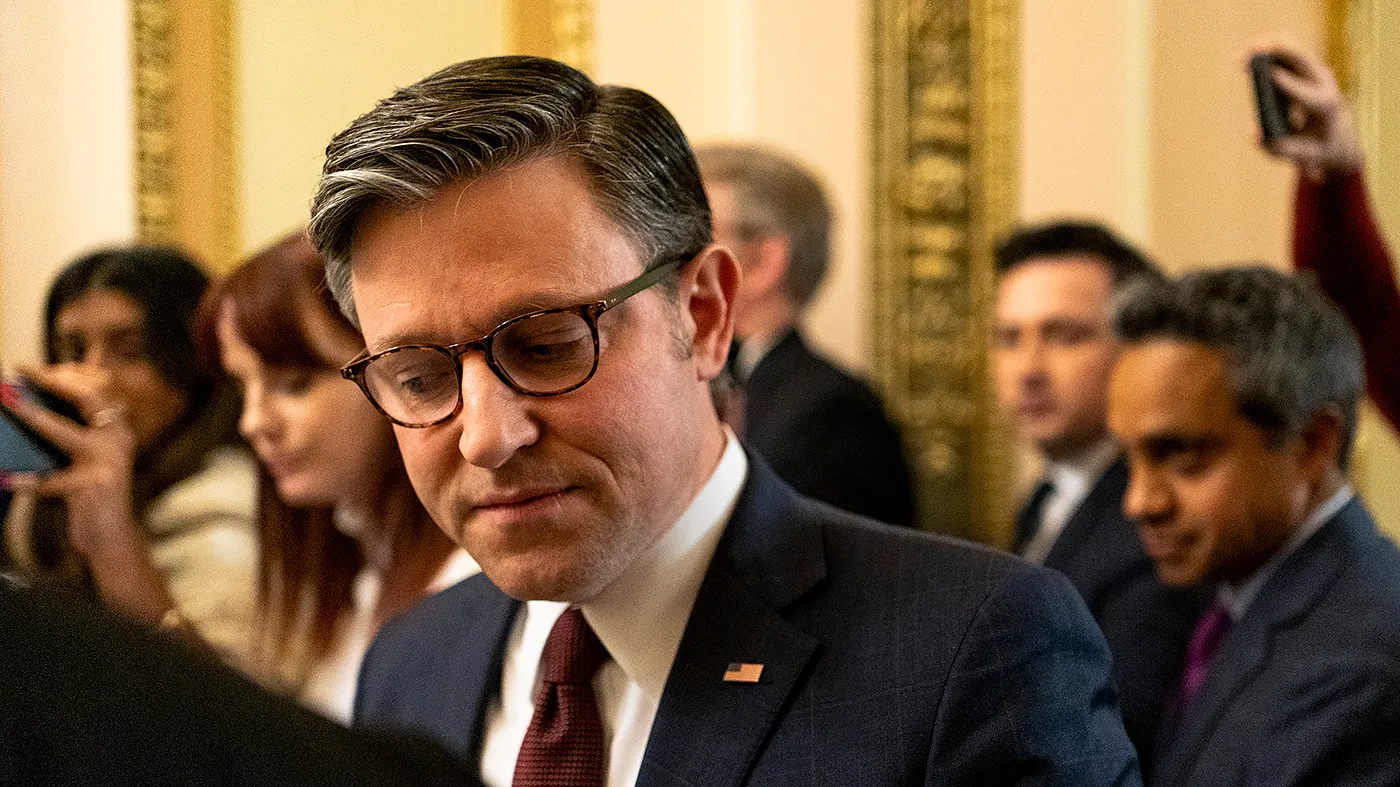After nine public hearings and interviews with hundreds of witnesses, the House committee investigating the Jan. 6 attack on the U.S. Capitol released its final report late Thursday night, delivering a detailed chronicle of the attack’s planning and execution, and calling on Congress to consider barring former President Donald Trump from holding further office for leading what it calls a “multi-part conspiracy to overturn the lawful results of the 2020 Presidential election.”
The 814-page volume provides new details about the events surrounding Jan. 6 and concludes with 11 recommendations — among them that “Congressional committees of jurisdiction should consider creating a formal mechanism for evaluating whether to bar those individuals identified in this Report … from holding future federal or state office.”
Earlier this week, the committee referred Trump and others to the Justice Department for “possible prosecution under 18 U.S.C. 2383, including for assisting and providing aid and comfort to an insurrection,” as described in the report.
Among the report’s other recommendations are that Congress affirm the way electoral votes are certified; that it bolster efforts to combat violent extremism and threats to election workers; and that it improve the effectiveness of the Capitol Police.
In the two months between the November election and the Jan. 6 attack, the report says that Trump and members of his inner circle engaged in at least 200 apparent acts of public or private outreach, pressure, or condemnation — targeting either state legislators or state or local election administrators — in an effort to overturn states’ election results.
All told, the Trump campaign contacted, or attempted to contact, nearly 200 state legislators from battleground states between November 30, 2020, and December 3, 2020, to solicit backing for possible statehouse resolutions to overturn the election, the report said. At least some messages said they were “on behalf of the president.”
In addition, nearly 300 state legislators from battleground states reportedly participated in a private briefing with Trump, attorneys Rudy Giuliani and John Eastman, and others, on Jan. 2, in which Trump reportedly urged them to exercise what he called “the real power” to choose electoral votes before Jan. 6, because, said Trump on the call, “I don’t think the country is going to take it,” the report said.
The committee also reported that, in the year leading up to the Jan. 6 attack, there were at least nine incidents in which far-right protesters entered state capitols, and that at least four of these capitol incursions — in Michigan, Idaho, Arizona, and Oregon — involved identifiable individuals who later participated in the attack on the U.S. Capitol.
The report said that a week before the attack, “in a December 29th text to [Trump campaign fundraiser Caroline] Wren, [former Trump staffer Justin] Caporale wrote that after the President’s planned speech there ‘maybe [sic] a call to action to march to the [C]apitol and make noise.'” The committee said this was the earliest indication they uncovered that the president planned to call on his supporters to march on the Capitol.
The report also said that after Trump, speaking to supporters on the Ellipse, called on the crowd to “take back our country” and “walk down Pennsylvania Avenue,” the Secret Service deployed a last-minute response team “to filter in with the crowds” in the event that the president made his way to the Capitol, and to establish an emergency plan “if things go south.”
The Secret Service did not immediately respond to an inquiry from ABC News about what presence agents might have had in the crowd.
The voluminous report is divided into eight chapters: The Big Lie; “I just want to find 11,780 votes”; Fake electors and the “President of the Senate strategy”; “Just call it corrupt and leave the rest to me”; A coup in search of a legal theory; “Be there, will be wild”; 187 minutes of dereliction; and Analysis of the attack.
Prior to the final report’s release, the committee on Monday released a 160-page summary with an overview of its findings, which identified Trump as the “central cause” of the Jan. 6 attack.
MORE: Jan. 6 committee condemns Trump as ‘central cause’ of insurrection in sweeping report
The summary of the report presented the committee’s conclusions as 17 findings, including that Trump knew his actions “would be illegal” when he pressured then-Vice President Mike Pence to “refuse to count electoral votes”; that Trump “unlawfully” pressured state officials and legislatures to overturn the election; that he “oversaw an effort to obtain and transmit false electoral certificates to Congress and the National Archives”; and that he never ordered the deployment of the National Guard once the attack was underway.
Jan. 6 committee Chairman Bennie Thompson had initially said the committee would be releasing the final report Wednesday, but the panel released a statement Wednesday afternoon saying the report’s release would be delayed until Thursday.
Instead, the committee on Wednesday released the interview transcripts of 34 witnesses who were interviewed as part of the sprawling 17-month probe.
Among those witnesses whose testimony was released were former President Donald Trump’s one-time national security adviser Michael Flynn, Proud Boys leader Enrique Tarrio, Oath Keepers leader Stewart Rhodes, Infowars host Alex Jones, onetime Trump campaign adviser Roger Stone, and Trump-backed attorneys John Eastman and Jenna Ellis.
Most of the transcripts contained responses from the witnesses invoking their Fifth Amendment right against self-incrimination.
MORE: House Jan. 6 committee releases interview transcripts of 34 witnesses
The panel on Monday said it would make multiple criminal referrals to the Department of Justice on at least four charges against Trump in connection to his actions surrounding the riot at the Capitol.
The committee said it would also be referring Eastman, who drafted a plan for Trump to cling to power by falsely claiming Pence could reject legitimate electors during the Jan. 6 certification of the vote, to the DOJ on multiple charges.
The referrals, however, are viewed as largely symbolic. The DOJ is not obligated to act on them, and the department has been conducting its own investigation into the events of Jan. 6.
The committee also said at least four sitting Republican members of Congress would be referred to the House Ethics Committee for “appropriate sanction,” including House Minority Leader Kevin McCarthy, Rep Jim Jordan, R-Ohio, Rep Scott Perry, R-PA, and Rep Andy Biggs, R-Ariz.
Trump has dismissed the work of the committee, mocking it as the “Unselect Committee” and calling it a “political Witch Hunt.”




